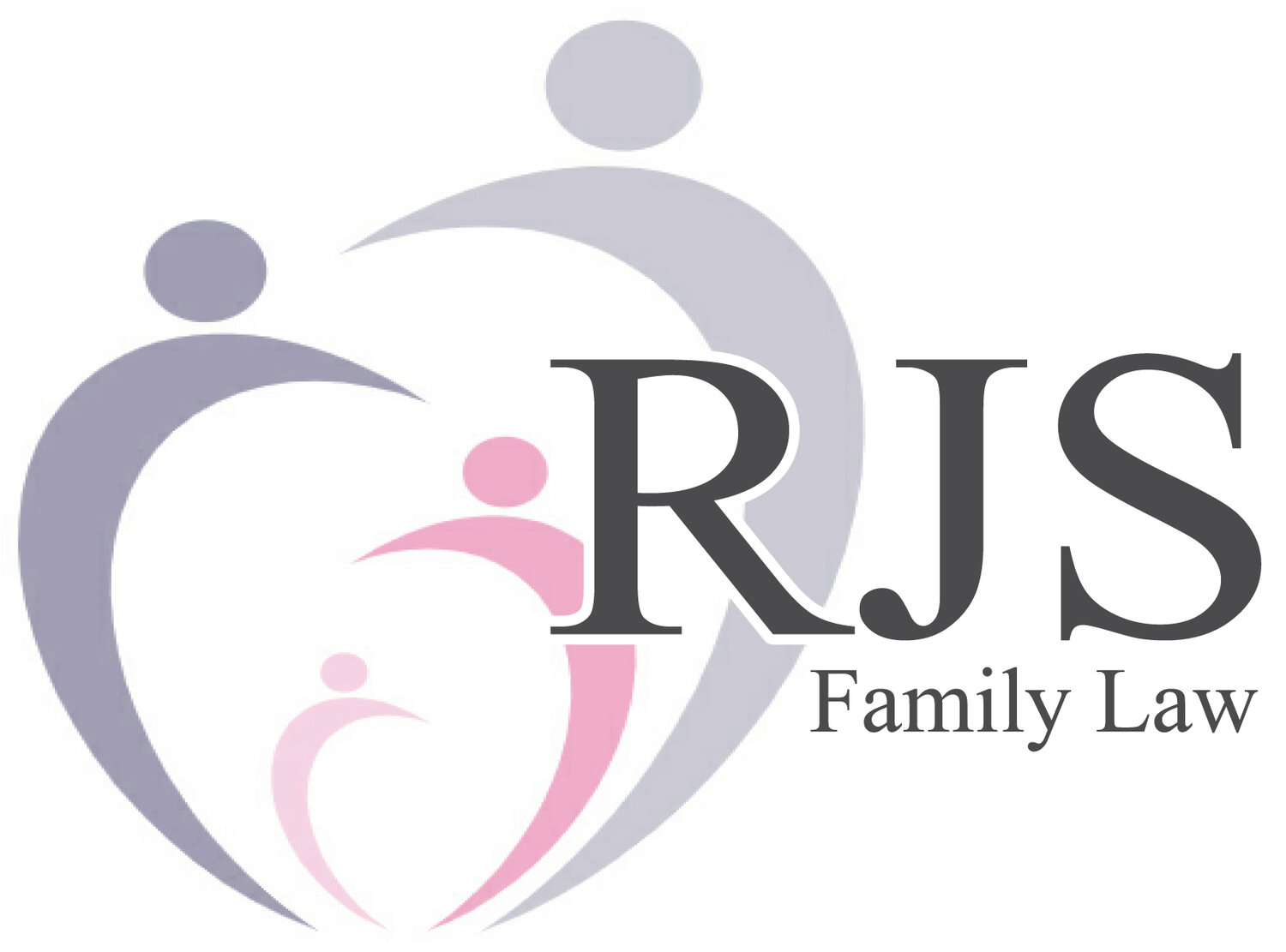Divorce and Property…..
The Family Home and Divorce
When getting a divorce, the courts initially look at an equal division of the marital assets and this includes property. However, be aware that a 50/50 split is very much the starting point since the court will take into account the individual needs of each spouse in order for them to effectively move on.
The reality is nearly always more complex than a clean and easy 50/50 split, especially if dependent children are involved. The possible scenarios are as follows:
Selling the Family Home – In many ways, this is the ideal solution since it enables you to pay off the mortgage and release any equity. With this, each party can fund their individual homes. However, whoever has residence of the children can prevent this from happening (see point 3).
Buying the Other Out – It’s possible to come to an arrangement where one of you buys the other out. This will require a property valuation to ensure that the one who is leaving gets a ‘fair deal’ based on both value and equity.
One of you Stays BUT you Both Own It – With this scenario, you both remain owners, but only one of you lives in the home. This is more common if you have children. There might be a ‘Mesher’ order set up, through the courts, to say you can’t sell until a certain time e.g when the children turn 18.
Make the Home Part of the Settlement – It is possible for one of you to keep the home whilst the other receives assets to a value of their share of the property.
The Court Decides – With property often being the single most valuable asset…..often by a long way, it can often become quite contentious as to who gets what! In such instances, the court often decides. As already mentioned, in points one and 3, if there are children involved, the judge will usually look at the option that causes as little disruption to them as possible. This will require a financial order.
Things You Need to Consider:
Talk to your Solicitor Early On – It’s important that you talk to your solicitor about how best to proceed. If you’re moving out, it might be possible to take your name off the mortgage enabling you to get another one. However, you will need reassurance that this won’t result in your losing out on your share of the property.
If you’re Staying in The Home – If your ex-spouse wants to take their name off the mortgage, you’ll need to ensure that you can make the repayments.
You’re in Negative Equity – If you are in negative equity, it might be that you delay selling, or if you do, working out how to share the debt as part of the financial settlement.
Your Name isn’t on the Title Deeds - If the property was purchased during your marriage, the property will still usually be considered a joint asset. However, if your ex purchased the home before you married, this can make things more difficult in terms of a claim. The registered spouse could sell or mortgage the property without the non-owning spouse being aware! You should register your ‘matrimonial rights’ to the property, through Land Registry, to legally prevent your ex from selling without your knowledge.
A Financial Consent Order – (Sometimes referred to as a ‘Clean Break Order’) fully concludes your divorce. It’s important to obtain one of these once a financial settlement – to include any property, is reached. Without it, there’s nothing to stop your ex from making a claim in the future! Take a minute to write an introduction that is short, sweet, and to the point. If you sell something, use this space to describe it in detail and tell us why we should make a purchase. Tap into your creativity. You’ve got this.
To get the right advice and to fully protect yourself financially, talk to RJS Family Law: rjs@rjsfamilylaw.co.uk

